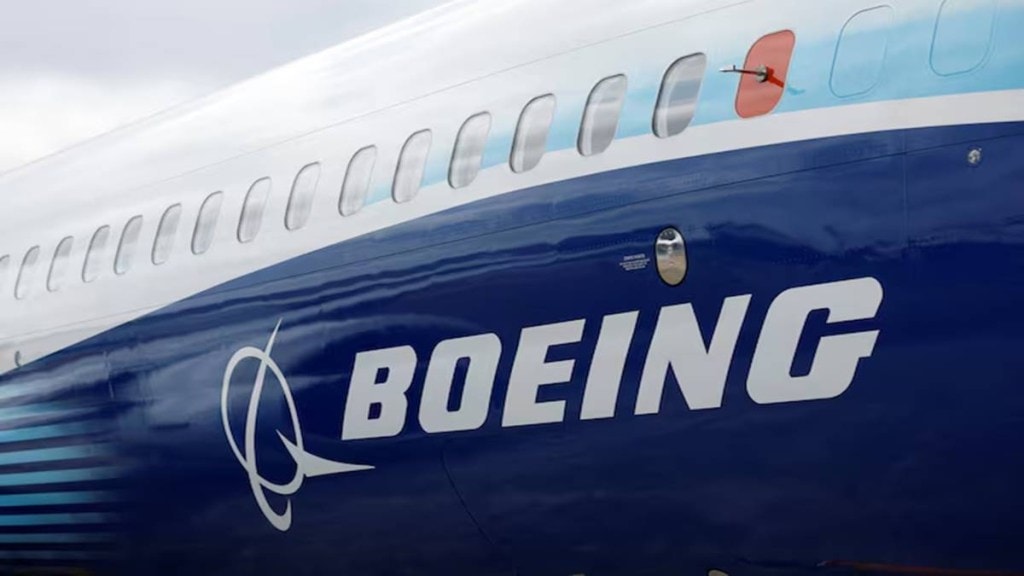Thousands of Boeing employees will soon receive layoff notices, as the aerospace giant grapples with a crippling strike and mounting financial challenges. A senior US official, Acting Labor Secretary Julie Su, flew to Seattle on Monday to mediate the ongoing dispute between Boeing and the West Coast factory workers’ union, as the company faces deepening turmoil.
Boeing recently announced plans to cut 17,000 jobs, in addition to taking a $5 billion charge as part of a broader strategy to stabilise operations. With 33,000 workers on strike since September 13, the International Association of Machinists and Aerospace Workers (IAM) is pushing for a 40 per cent wage increase over four years. Su’s visit marks her first in-person effort to resolve the standoff.
Despite ongoing negotiations, Boeing is preparing for significant workforce reductions. Starting in November, thousands of workers, primarily from its commercial aviation division, will receive 60-day layoff notices, with terminations set for mid-January. A second wave of layoffs could follow in December, potentially affecting more employees if the situation doesn’t improve. The company has communicated its plans to unions representing engineers and other professionals, but striking IAM workers remain unaffected by the current layoffs.
IAM’s international president, Brian Bryant, condemned Boeing’s decision, calling it “corporate greed at its worst.” He criticised the company for laying off thousands of employees, despite their years of dedication to helping Boeing navigate crises.
Boeing’s financial woes have also sent shockwaves through the aviation industry. The company’s stock fell 1.3 per cent on Monday following the job cut announcement. Additionally, Boeing announced a delay in the production of its highly anticipated 777X jetliner, now pushed to 2026. The delay, which extends the timeline for the mini-jumbo jet successor by six years, has sparked concerns among industry leaders, with Emirates Airline President Tim Clark expressing frustration over Boeing’s inability to provide reliable delivery dates.
Clark, a key customer who placed a significant order for 150 777X jets over a decade ago, warned of potential commercial repercussions. He also raised concerns about Boeing’s financial stability, noting the possibility of an investment downgrade or even Chapter 11 bankruptcy if the company fails to raise funds soon.
While Boeing still holds over $10 billion in cash, analysts caution that the company will need to raise to $15 billion by year-end to stabilise operations. However, with major airlines holding billions of dollars in deposits with the planemaker, there is increasing pressure on Boeing to resolve delays and restore confidence.
As the situation unfolds, Boeing’s ability to manage its workforce, secure funding, and meet production deadlines will be critical in determining whether the company can emerge from its worst-ever crisis intact.
(With Reuters inputs)

